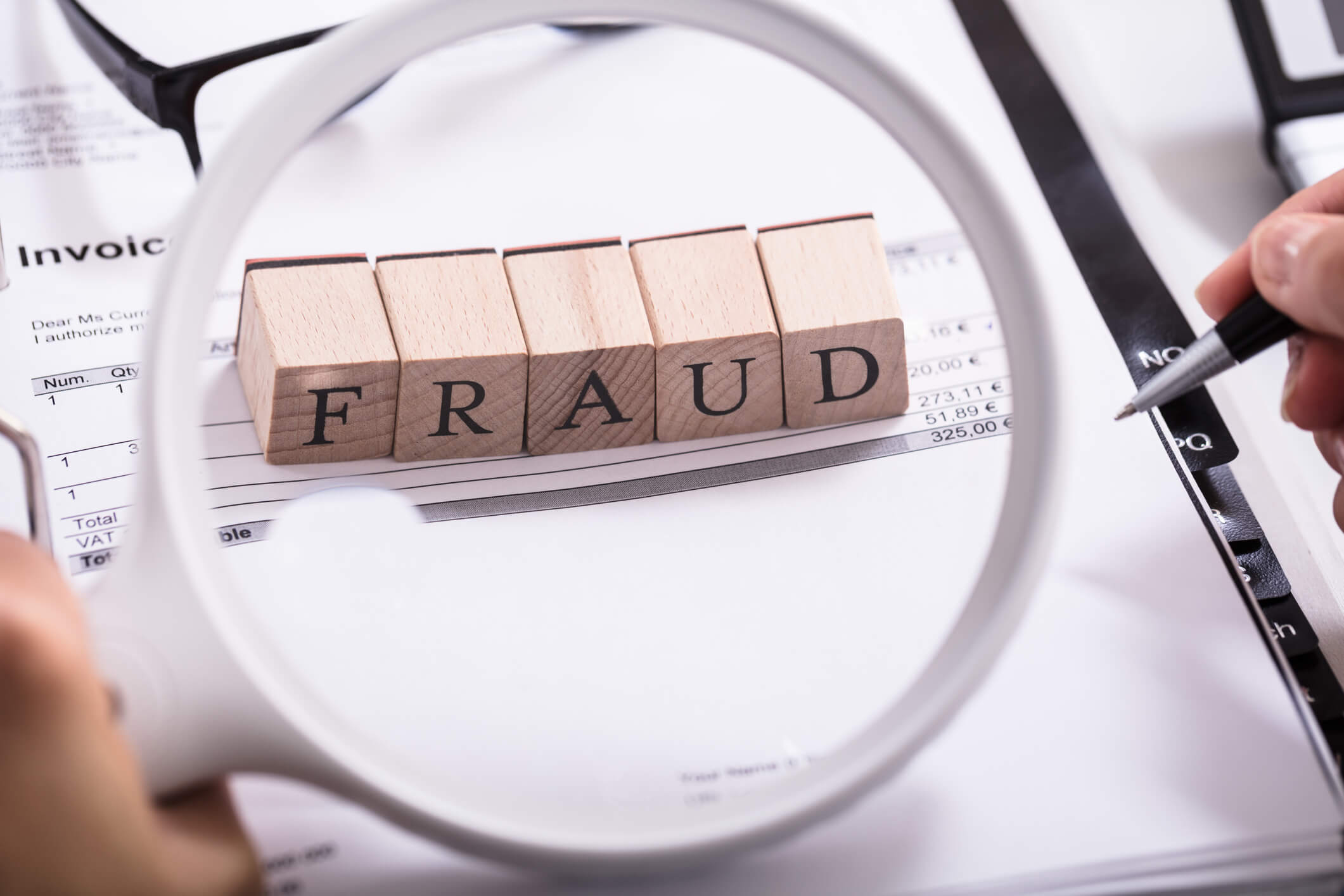Regardless of types, sizes, location, and industry, accounting fraud is a problem faced by companies all across the globe. A report published by the Association of Certified Fraud Examiners (ACFE) in 2014 revealed that, on average, a typical organization losses a significant 8% of its annual revenues and profits to accounting fraud. It includes unauthorized use of financial data, coupled with the smart usage of financial information to steal money from the company. However, detecting and preventing an accounting fraud requires you to take preventive measures before it kicks your business out of the competitive race. No one desires to face significant financial losses and stuck in severe liabilities due to employee fraud or theft.
When things get off the trail, you need to detect accounting fraud and come up with preventive measures to create a favorable ground yet again your business. Probably a path to glory! However, the biggest hurdle on your way to glory is your entrusted partner, possibly an accountant who knows the art of stealing from you due to the level of trust, h/she may have developed and established upon you. According to a study, the people whom we trust the most will more likely commit a crime or fraud or steal from us once they the opportunity.

Why Don’t Small Businesses Report Accounting Fraud?
Small business owners indeed feel reluctant to report cases of internal fraud. Most of them forgive the perpetrators on some social or moral grounds as the fraudster could be someone from your social circle or family. However, there is another reason why small business owners don’t report accounting fraud or theft; they don’t want to involve the police in resolving the matter. What they most commonly do is that they just fire the fraudster, and that’s it. Getting involved with the police means they would have to file a formal complaint against the stealing employee and pursue the case in the court that may cause them a great deal of stress and concern.
Common Types of Internal or Accounting Fraud
Corruption
It is one of the most common types of internal fraud that happens when employees use their influence or authority in business to violate their duties to bring about monetary gains to go in their favor or benefitting them with something useful. The examples of corruption include extortion, illegal gratitude, bribery, conflict of interest.
Billings Schemes or Asset Misappropriation
More than half of internal or accounting fraud cases result due to asset misappropriation or billing schemes. This typically involves fabricated invoicing either by using the name of a legitimate vendor or opening a fictitious company that has no physical existence. So, fraudsters enter made-up bills into the business books and treat them as normal entries for giving it a professional appeal. This way, it gets hard to identify and differentiate between a legit entry and a made-up one.
Non-Cash Theft
It is also one of the most common types of internal or accounting fraud, where inventory or other tangible assets are stolen from the company for personal use or to sell it to the outside party for profits. The Inventory or non-cash items that are taken from the company are either not recorded in the business books or written off as fictitious sales with no useful clues.
Other common internal or accounting fraud include payroll fraud, cash-on-hand manipulation, financial statement fraud, skimming, cash larceny, and cash-register theft, and more.
Tips on Prevention Accounting Fraud
First Thing First—Have an Anti-Theft Policy–Make sure you have an excellent anti-theft policy in place. If not then, you must immediately draft a new anti-theft code and include in your company’s manual for preventing future revenue losses.
Know Your Books— Most accounting fraud happens when you don’t monitor and review your books regularly. So, you need to make sure that you can read your business books well.
Conduct Regular Internal Audits—Make sure you know your accounting system and know how to operate bookkeeping or accounting software. If you lack awareness about operating your accounting software, then you can hire a professional accountant or auditor to do periodic reviews on your behalf and identify possible accounting fraud.
 About Complete Controller® – America’s Bookkeeping Experts Complete Controller is the Nation’s Leader in virtual bookkeeping, providing service to businesses and households alike. Utilizing Complete Controller’s technology, clients gain access to a cloud-hosted desktop where their entire team and tax accountant may access the QuickBooks™️ file, critical financial documents, and back-office tools in an efficient and secure environment. Complete Controller’s team of certified US-based accounting professionals provide bookkeeping, record storage, performance reporting, and controller services including training, cash-flow management, budgeting and forecasting, process and controls advisement, and bill-pay. With flat-rate service plans, Complete Controller is the most cost-effective expert accounting solution for business, family-office, trusts, and households of any size or complexity.
About Complete Controller® – America’s Bookkeeping Experts Complete Controller is the Nation’s Leader in virtual bookkeeping, providing service to businesses and households alike. Utilizing Complete Controller’s technology, clients gain access to a cloud-hosted desktop where their entire team and tax accountant may access the QuickBooks™️ file, critical financial documents, and back-office tools in an efficient and secure environment. Complete Controller’s team of certified US-based accounting professionals provide bookkeeping, record storage, performance reporting, and controller services including training, cash-flow management, budgeting and forecasting, process and controls advisement, and bill-pay. With flat-rate service plans, Complete Controller is the most cost-effective expert accounting solution for business, family-office, trusts, and households of any size or complexity.




